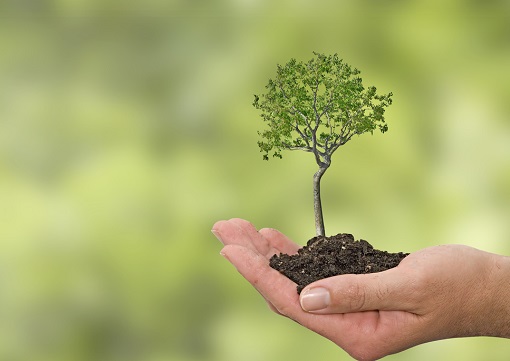
No Whey Now!
While humans can easily get their protein directly from plants, we have been led to believe that there is higher and better protein in animal based products such as flesh, eggs and milk
Having gone vegan in diet, Virat Kohli has joined the growing list of international sportspersons who are choosing to let their bodies be fuelled by plant protein.
WHAT IS PROTEIN?
Protein is a macronutrient that has many functions including building muscles in animals and providing energy to them. Protein is made up of amino acids, some that the body produces itself while some that need to be ingested through food.
WHAT IS THE PRIMARY SOURCE OF PROTEIN?
Since only plants have the ability to take nitrogen from the air, break those molecules apart and incorporate that nitrogen into amino acids to make protein, the primary source of protein is obviously plants.
WHERE DO HERBIVORES GET THEIR PROTEIN FROM?
Be it the horse, gorilla, bull, elephant, giraffe or ox, all animals known for their agility, strength, aggression, endurance, height, stamina and other such enviable physical attributes get their protein directly from plants.
WHERE DO CARNIVORES GET THEIR PROTEIN FROM?
Nature has designed carnivores to kill and eat other animals to get protein indirectly from the flesh and other body parts of those animals.
WHERE DO HUMANS GET THEIR PROTEIN FROM?
While humans can easily get their protein directly from plants, we have been led to believe that there is higher and better protein in animal based products such as flesh, eggs and milk.
WHY SHOULD HUMANS AVOID EXCESS PROTEIN?
We are told to pay extra attention to our protein intake, but how much protein does a human body really need? As new mothers, female mammals produce milk meant as a complete food and source of nutrition for their babies.
Every mammal’s milk varies in content and composition to suit its own kind. Human breast milk has one of the lowest protein content in the mammalian world. Comprising only five to six percent of total calories, the protein in human milk is naturally adequate for a human baby in its first two years at the time when tissue growth is at its highest.
In later years, though the amount of protein a human body needs varies according to age, gender, weight and activity level, the recommended amount hovers around one gram for every kilogram of body weight per day.
But as we see now, many people consume protein far in excess of what is required because we are told that protein is a super nutrient that will make us lean and strong. The truth, however, is that calories coming from protein is also stored as fat in the body if not burnt. Besides, an intake of a high protein diet is likely to leave us less hungry for foods rich in other nutrients that are equally essential for our body.
WHY SHOULD HUMANS AVOID ANIMAL PROTEIN?
Carnivorous animals are physically designed to catch, kill and tear their own prey. They are physiologically designed to chew, swallow and digest raw flesh and other body parts. And most importantly, they are meant to gain nutritional benefits from what they eat.
Contrary to this, humans tend to let others do the dirty job of killing, chopping and cleaning the animals. They also prefer their meat to be cooked, flavoured and spiced. And very sadly, what looks like nutritional gain is actually their loss of health.
The high concentrated animal protein can raise the body’s production of IGF-1, a hormone known to cause cancer. Excess animal protein can cause and promote autoimmune diseases, high blood pressure and diabetes.
The highly acidic animal protein can lead to osteoporosis, fractures and kidney stones. And the excessively sulphur based animal protein can increase the chances of heart attack, stroke and dementia.
IS THERE MORE TO ANIMAL BASED PRODUCTS THAN JUST ANIMAL PROTEIN?
Yes, flesh has heme iron. Flesh and eggs both have high amounts of saturated fat. Milk from cows has lactose, casein and plenty of saturated fat. Flesh, eggs and milk all have cholesterol. Added to these are hormones, pus and antibiotics that come from farmed animals.
And rightly so, it is no longer a secret that the single largest cause of diseases and drug resistance is our animal based diets, even the one that includes only animal milk.
WHERE CAN WE GET OUR PROTEIN FROM?
Plants! Plants are the direct and richest source of protein and all other nutrients that a human body requires. Protein from plants is easy for us to digest.
The right combination of legumes, grains, nuts and seeds provides all essential amino acids that we need. And plant based products like pea powder, soy milk and tofu can fulfil any additional requirement of protein that we have.
So, be like Virat! Be vegan in diet!
Disclaimer: The views expressed in the article above are those of the authors’ and do not necessarily represent or reflect the views of this publishing house. Unless otherwise noted, the author is writing in his/her personal capacity. They are not intended and should not be thought to represent official ideas, attitudes, or policies of any agency or institution.
Originally published on the Business World website.